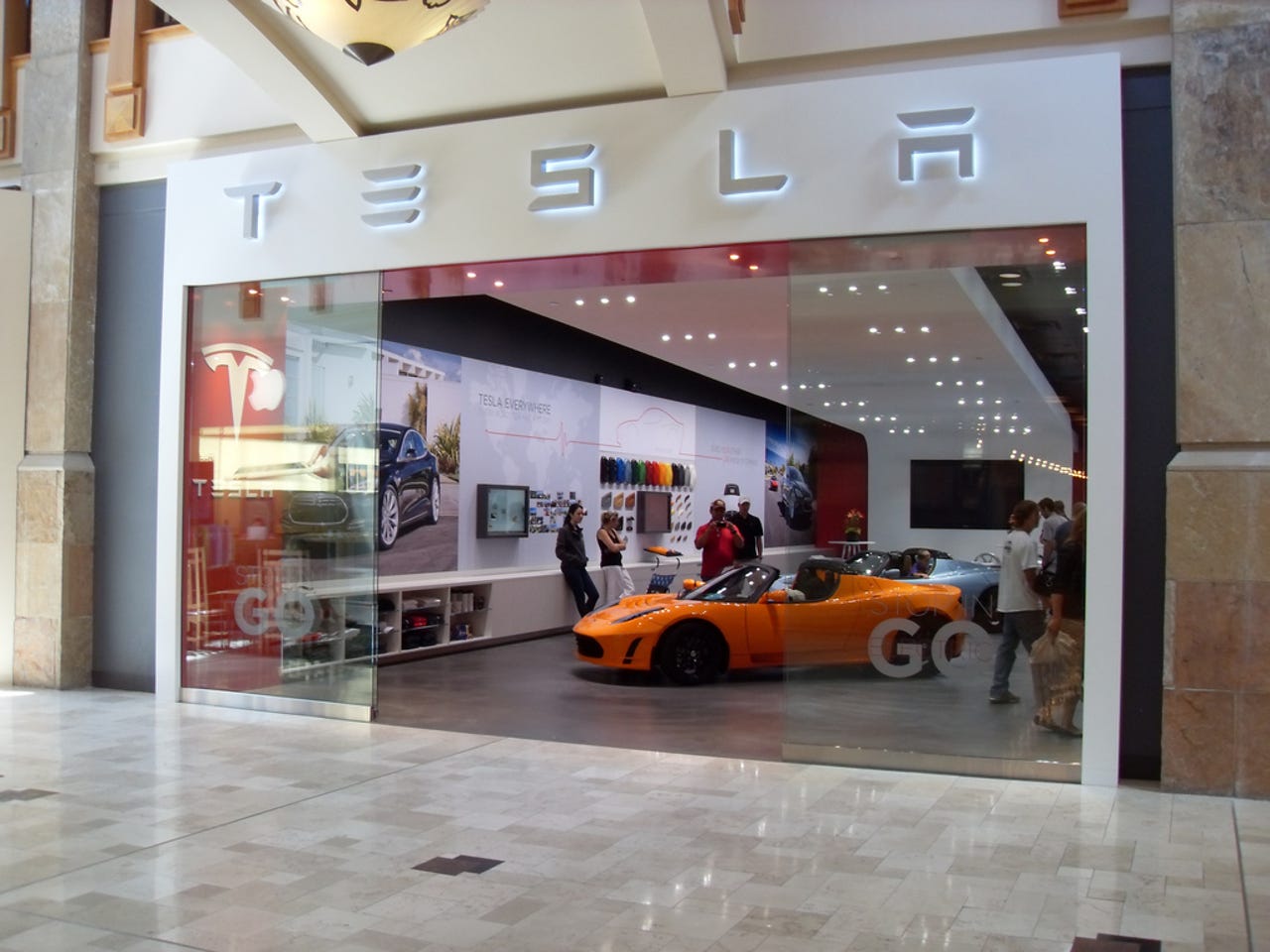Innovation
Why Tesla can't sell cars in New Jersey
New Jersey has passed a new rule requiring new cars to be sold only from franchises, impacting Tesla's sales model.


On Tuesday, the New Jersey Motor Vehicle Commission passed a new rule that will require all new cars to be sold by franchises. By passing this rule, New Jersey will prevent Tesla from selling its electric cars directly to consumers, as it does in nearly 100 stores around the world. When the rule goes into effect April 1, Tesla's cars will only be allowed to be sold through a third-party franchises.
In a blog, Tesla said that New Jersey Governor Chris Christie's administration had "gone back on its word to delay a proposed anti-Tesla regulation so that the matter could be handled through a fair process in the [state] Legislature."
A spokesperson for the Christie administration responded to the criticism, saying: "Since Tesla first began operating in New Jersey one year ago, it was made clear that the company would need to engage the Legislature on a bill to establish their new direct-sales operations under New Jersey law.”
Why is Tesla so insistent on selling directly to customers instead of selling through franchises? Tesla explains:
We strongly believe it is vital to introduce our own vehicles to the market because electric cars are still a relatively new technology. This model is not just a matter of selling more cars and providing optimum consumer choice for Americans, but it is also about educating consumers about the benefits of going electric, which is central to our mission to accelerate the shift to sustainable transportation, a new paradigm in automotive technology.
New Jersey wouldn't be the first state to stifle Tesla's direct sales model. In Texas and Arizona, state laws prevent Tesla from selling its cars directly to customers. In those states, Tesla has set up "galleries" that don't actually sell cars.
In a 2009 report, the U.S. Department of Justice looked into the economic impact of state bans on direct-to-consumer car sales. At that time no automaker in the U.S. was selling directly to consumers. The department concluded that "car customers would benefit from elimination of state bans on auto manufacturers' making direct sales to consumers." One of the main reasons? Consumers could save as much as 8.6 percent, according to one estimate the department cites, by eliminating the third-party.
Judges in some states, including Massachusetts and New York, have already sided with Tesla to allow direct-to-consumer sales.
Photo: Flickr/paulswansen
This post was originally published on Smartplanet.com